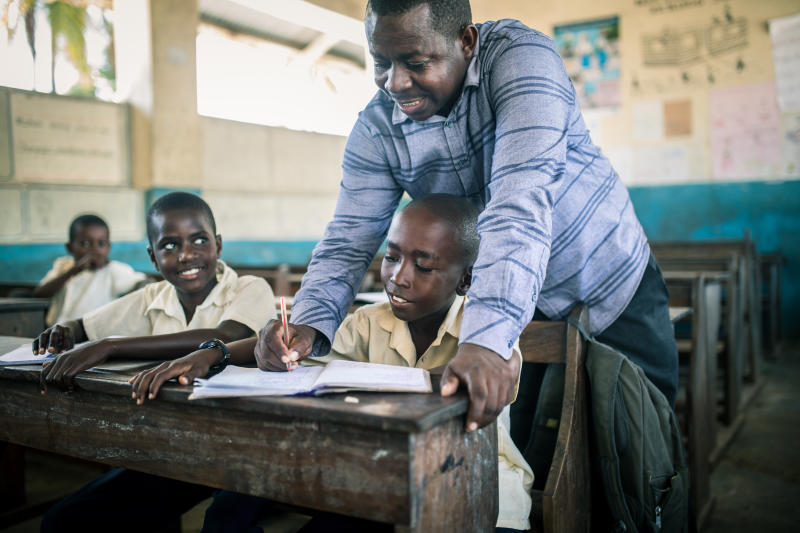×
The Standard e-Paper
Kenya’s Boldest Voice

The Teachers Service Commission has come up with policy proposals in readiness for the implementation of the CBC in the post middle school level. Most of these touch on the aspect of teacher education.
Preparation of teachers has from the inception of formal education, pre-occupied policy makers and implementers. Teaching has always been a hot potato to politicians, educators and the public at large.